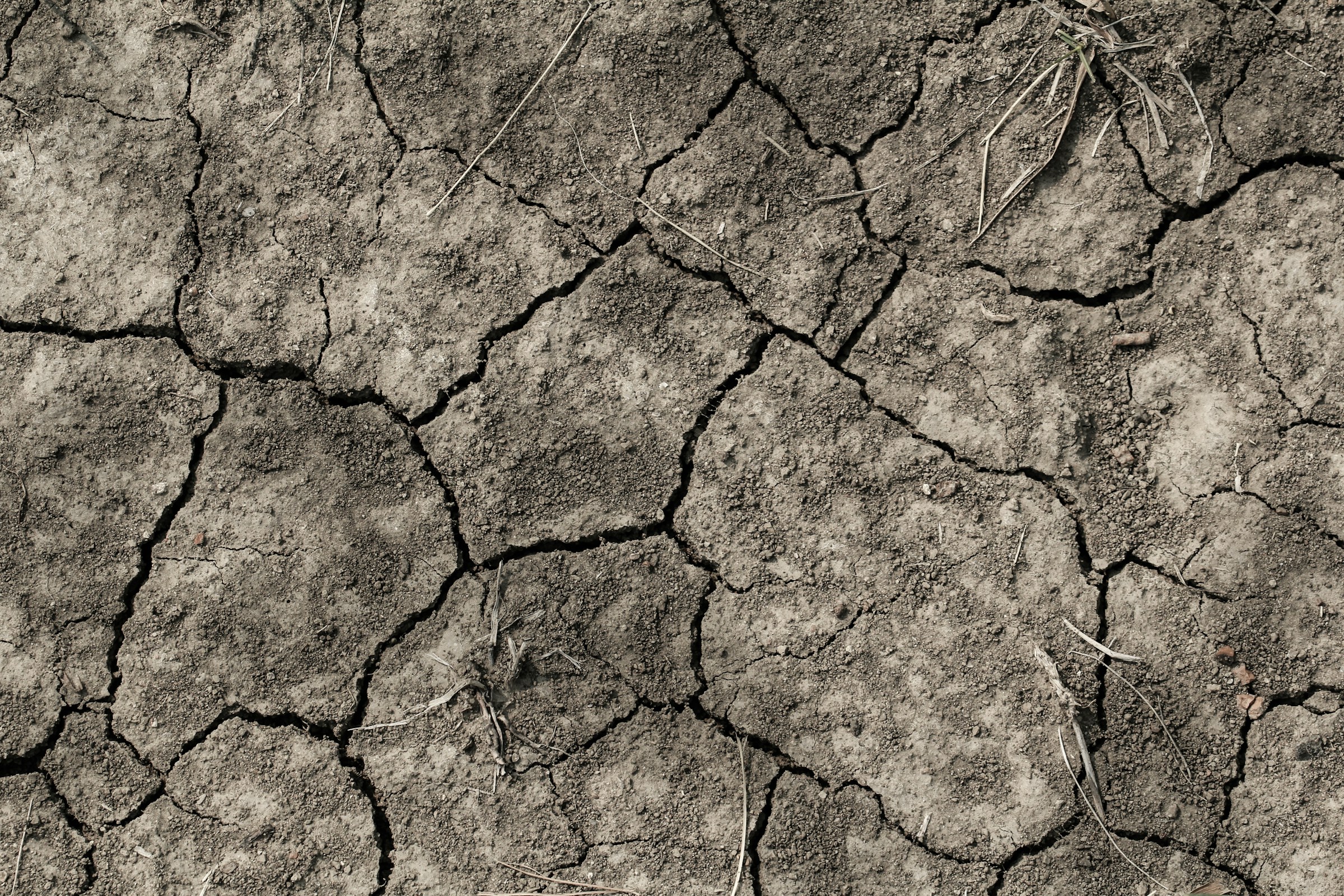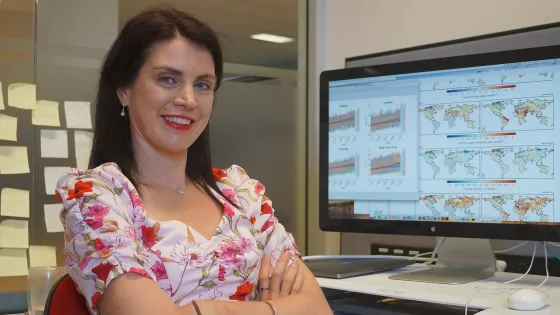
Unpacking meaningful future changes in heatwaves
Heatwaves have increased in their frequency, intensity and duration in the observational record.
Presented by Professor Sarah Perkins-Kirkpatrick
Speakers
Event series
Content navigation
RegisterDescription
Watch the recording
Heatwaves have increased in their frequency, intensity and duration in the observational record, with these trends projected to increase, and amplify, if carbon emissions are unabated. However, what happens to heatwaves if we reach net zero emissions? And does it make a difference as to when this occurs? Similarly, heatwave projections in climatological studies have traditionally not been based on metrics that matter to human health. So what do future heatwaves look like when such metrics are considered?
About the speaker

Sarah is a Professor of Climate Science In the Fenner School of Environment and Society at ANU. She gained her PhD in 2010 at UNSW Sydney, and over the course of her career has focused on climate extremes and their projections in physical climate models. Sarah has a passion for climate extremes, particularly heatwaves. She is interested in investigating what drives them, how they may change in the future, and how this changes compare to the historical record. Sarah is also interested in extreme event attribution. This involves isolating the contributors behind certain extreme events and their impacts, including natural and anthropogenic components. Her recent research in extreme event attribution also extends to new approaches in how we may attribute the impacts of certain extremes and their impacts to anthropogenic causes. The changing nature of the health impacts of heatwaves are also of interest to me, requiring strong interdisciplinary collaboration with human health experts.
Sarah is the Deputy Director of Communications and Outreach in the ARC Centre of Excellence for 21st Century Weather, a chief investigator in the Attribution and Risk Program of the ARC Centre of Excellence for Climate Extremes, and vice president of the Australian Meteorological and Oceanographic Society. She previously held a Discovery Early Career Researcher Award (2014-2017) and a Future Fellowship (2017-2023), also supported by the ARC. Prior to ANU she worked worked at UNSW Canberra, UNSW Sydney, and CSIRO.
Sarah is also passionate about science communication, and continues to be an expert voice in various lines of national and international media and other channels of public-facing communication on all things climate change, science, and heatwaves. She is a scientific partner with the Monash Climate Change Communications Research Hub on their Hyperlocal and Climate Communicators projects.
Sarah has won various awards for her work and outreach, including the Australian Academy of Science Dorothy Hill Medal (2021); The Australian Meteorological and Oceanographic Society Communication and Outreach Award (2021) and Early Career Researcher Award (2016); She was also named a Clarivate Highly Cited Researcher (2021; 2022; 2023).
Location
Online

